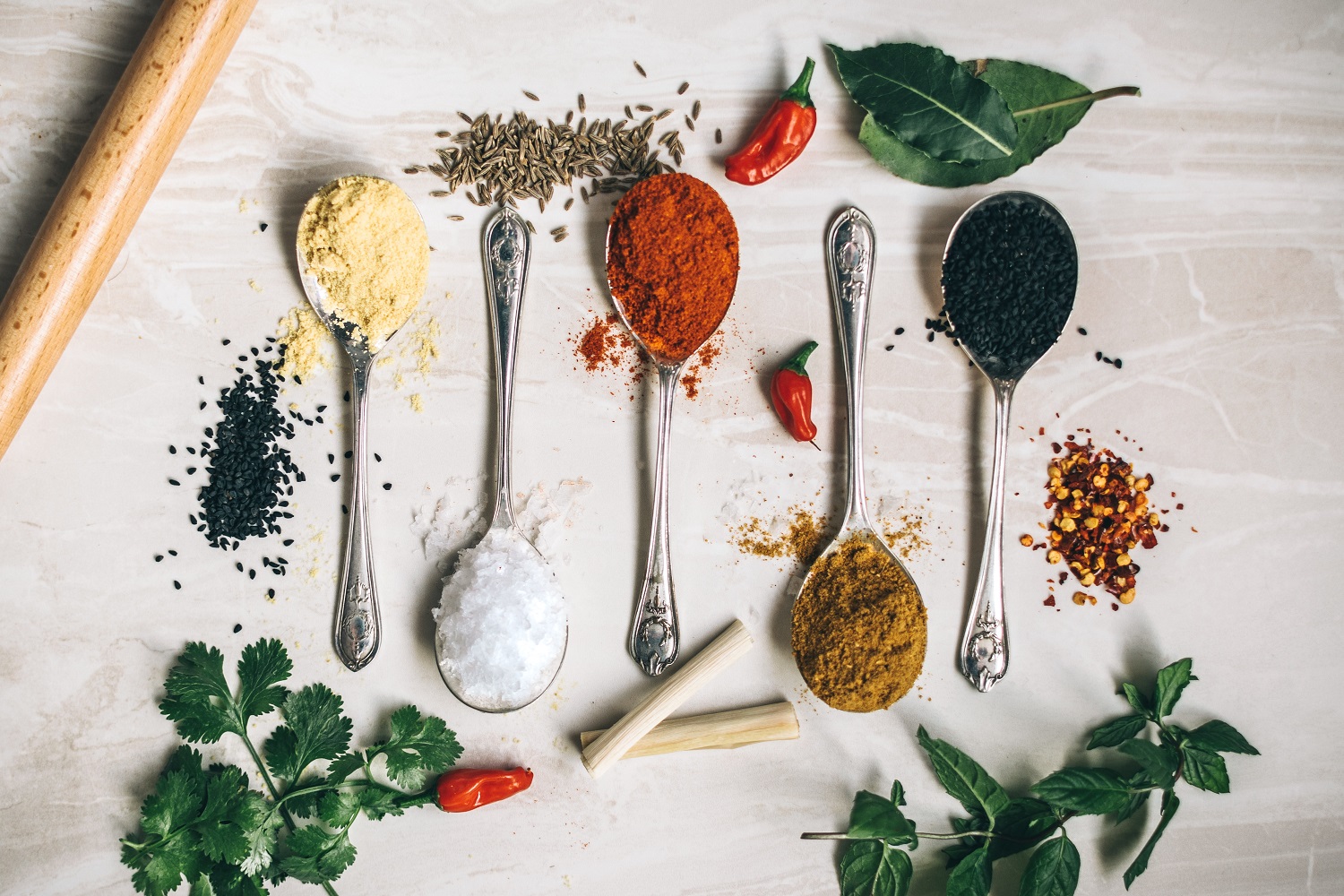
The cold weather during winter can leave people feeling achy, dry, and cold. However, there are several ways to warm up naturally during these months. Read this article to find out.
Winter exercises
When it is freezing outside, it may be quite hard to get up from the comfort of the bed. Daily exercise is an excellent way of keeping warm during these months. Cardiovascular exercise in particular helps boost blood circulation to the heart, which generates an increased amount of internal heat and sweat to the skin.
The following are some tips for exercising during the winter months:
- Increased strength training, which can be safely performed indoors such as your home or at a local gym.
- Perform warm up exercises properly before starting a workout to ensure adequate blood circulation around the body. Cold weather can inhibit proper blood flow to the muscles, which may cause cramping if the muscles are not warmed up sufficiently before exercise.
- Cold weather can cause dehydration, so make sure to drink plenty of water when exercising to keep your fluids up.
- Wear appropriate winter exercise clothing when exercising outside to ensure you don’t catch chills.
- Choose an alternative time of day for an exercise that suits your body clock better if getting up in the dark is difficult in the winter months.
- Try some winter sports, like skiing, ice skating, snowboarding, or ice hockey.
Thermogenic foods
Known as heat-producing foods, thermogenic foods have the ability to help the body to warm up by helping it create an increased amount of internal heat. The following are some thermogenic foods:
- Complex carbohydrates, which helps warm the body faster due to their quick digestion.
- Winter fruits and vegetables help keep the body warm with their high contents of antioxidants, mineral and vitamin content. Some of these fruits and vegetables include oranges, pomegranates, strawberries, cabbage, pumpkin, sweet potato, onions, beets, broccoli, and beans. It is also recommended to eat them raw, as the body produces more internal heat by digesting raw foods.
- Whole grains are rich in phytochemicals, fibre and other nutrients that ensure increased body warmth. Some of these include oats, quinoa, brown rice and whole wheat that.
- Seeds and nuts, which are high in omega 3 fatty acids also contributes in keeping the body warm.
- Soups and hot teas help warm the body faster.
- Foods loaded with tabasco or chili offer a short-term, rapid heat blast to the body, but their effects are quickly lost as soon as they give it.
During winter months, foods that may hinder the immune system, can cause dehydration and slow down digestion should be avoided. This is because they may cause the body to concentrate on detoxifying rather than create an increased amount of body heat. Foods that should be avoided when possible include fried foods, alcohol, coffee, and refined sugars.
Herbs and spices that help keep you warm

There are several herbs that may be added to your food, drunk as a tea, and be taken in a capsule or tincture form. Some of these include:
- Black pepper
- Cardamom
- Cayenne
- Cinnamon
- Coriander
- Cumin
- Fennel
- Garlic
- Ginger
- Horseradish
- Nutmeg
- Tumeric
Keep your kidneys warm
According to Traditional Chinese Medicine (TCM), the kidneys hold the life force energy called chi. They are located just under the ribcage, right in the small of the back. TCM suggests that the kidneys are related to the winter element, and they are believed to be responsible for keeping the body warm throughout the cold weather. You may keep the kidneys warm and its functioning at an optimum level by making sure your clothing are all tucked in when outside which may prevent an underlying draught, and by covering your middle well at all times.
|
Do you have a natural health & wellness business? |









